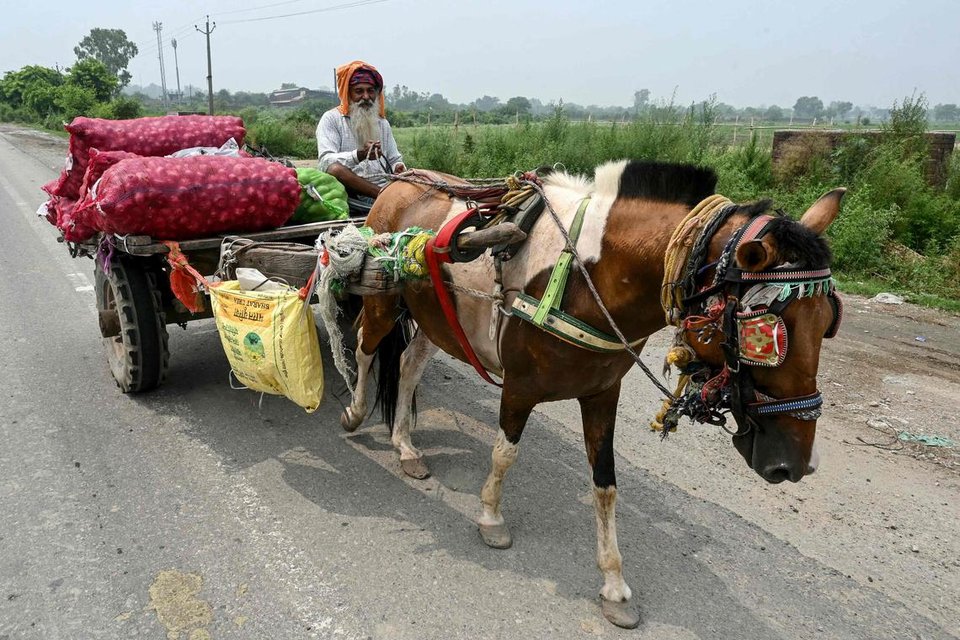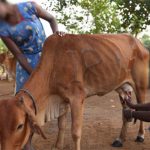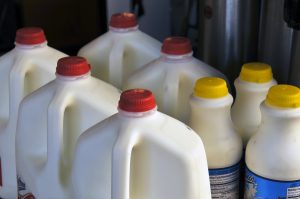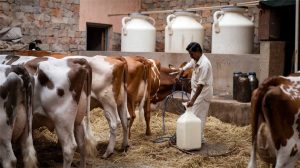
Protecting Local Farmers: Why Agriculture Remains India’s Non-Negotiable.
India is actively pursuing a trade deal with the United States, yet remains steadfastly cautious about crossing “red lines” concerning its vital agriculture and dairy sectors. With approximately 60% of India’s 1.4 billion people relying on agriculture directly or indirectly, and the sector contributing about 18% to annual economic output, farmers wield immense political influence. Their strong resistance to greater market access for US agricultural and dairy products has emerged as a significant hurdle in ongoing tariff negotiations, highlighting the complex interplay of trade policy and domestic agribusiness interests.
A primary concern for Indian farmers is the potential influx of cheaper produce from the U.S., including items like soy, dairy, wheat, rice, and apples. They fear that such imports would severely erode their already precarious earnings, jeopardizing livelihoods across the vast Indian agricultural landscape. Furthermore, there’s staunch opposition to the entry of genetically modified crops from the U.S. India’s Finance Minister, Nirmala Sitharaman, has explicitly stated that agriculture and dairy represent “very big red lines,” indicating a high degree of caution in these sensitive areas, reflecting the government’s commitment to food sovereignty.
The structural differences between the two nations’ farming systems exacerbate these concerns. Indian farms are typically small, fragmented, and significantly less mechanized compared to the large-scale, highly efficient US farms. This disparity makes it exceptionally difficult for Indian farmers to compete on price if exposed to unrestricted imports, a critical factor for dairy producers and crop farmers alike. The potential for a sudden surge in low-cost imports could disrupt entire regional economies.
Specifically within the dairy sector, India stands as the world’s largest producer of milk. Allowing U.S. milk into this market could trigger a substantial drop in prices, leading to immense losses for millions of Indian dairy farmers. Compounding this economic concern is a strong cultural and religious objection to importing U.S. dairy, primarily due to the American practice of feeding cattle with animal by-products. This unique socio-cultural factor adds another layer of complexity to dairy trade negotiations.
India’s past trade engagements, including agreements with Australia and Britain, reveal a consistent pattern of safeguarding its dairy and agricultural sectors from extensive tariff reductions. Farmers’ organizations have issued clear warnings to the government, urging the protection of their interests and the nation’s food sovereignty, with some even threatening non-cooperation if these critical sectors are included in broad trade liberalization. This firm stance underscores the political and economic sensitivities surrounding agribusiness in India’s international trade strategy.
Source: The Straits Times: India keen to strike trade deal with US but wary about crossing red lines on agriculture, dairy
You can now read the most important #news on #eDairyNews #Whatsapp channels!!!
🇮🇳 eDairy News ÍNDIA: https://whatsapp.com/channel/0029VaPidCcGpLHImBQk6x1F

















